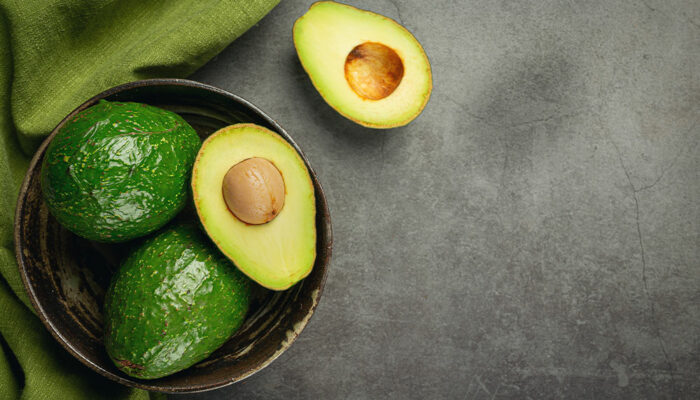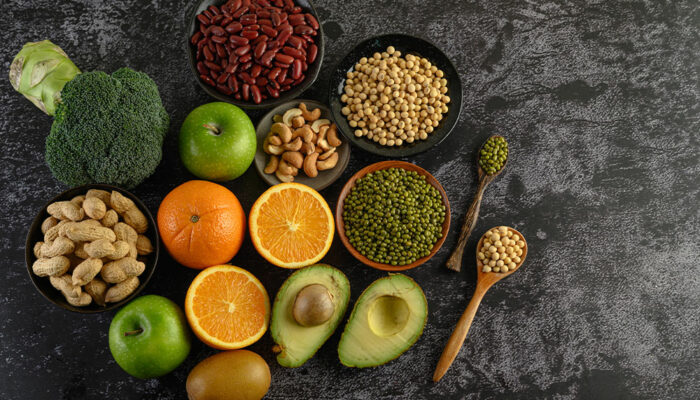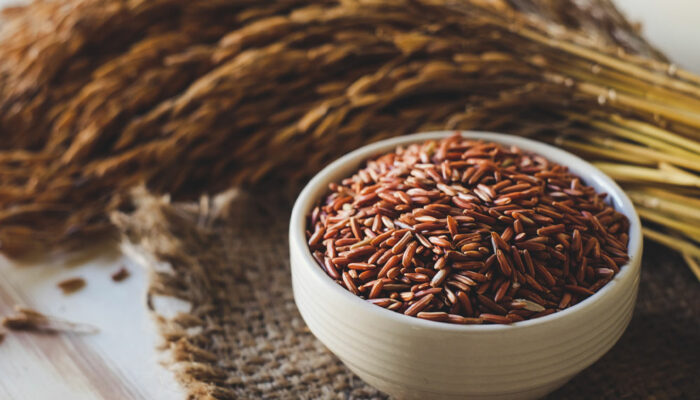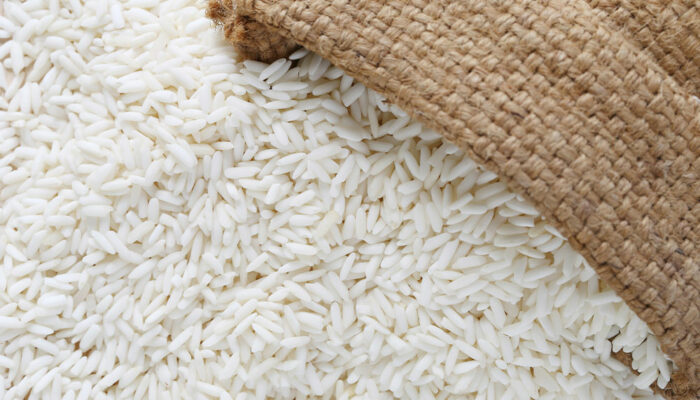
health
5 ideal foods for arthritis management
Arthritis is not a singular condition but a group of disorders that mainly affects the joints causing inflammation, pain, and stiffness, among other known symptoms. It is one of the country’s most commonly diagnosed osteo problems, with over 100 different subtypes. However, arthritis can be managed considerably with simple changes in daily nutrition, lifestyle changes, and prescriptions for managing the symptoms. Here is a brief overview of managing arthritis symptoms. Fatty fish Fatty fish are naturally rich in Omega-3 fatty acids, one of the most crucial anti-inflammatory compounds suggested for specific conditions like rheumatoid arthritis. Tuna, salmon, mackerel, and sardines are excellent choices of fish to be consumed thrice a week. Fresh fruits Strawberries, blueberries, raspberries, cherries, cranberries, grapes, oranges, and grapefruits are excellent sources of antioxidants. Antioxidants like flavonoids, polyphenols, quercetin, anthocyanins, and citrus can help counter inflammation, one of the most severe symptoms of arthritis. Nutrient-dense vegetables Dark leafy greens and cruciferous vegetables pack plenty of nutrition that can help counter discomforts linked to arthritis. Broccoli, beetroot, carrots, sweet potatoes, and cabbage contain antioxidants, fiber, vitamins, and minerals that counter inflammation. Red bell peppers, pumpkin, carrots, and sweet potatoes are also rich in beta-carotene and vitamin that boosts immune function.
Read More 








